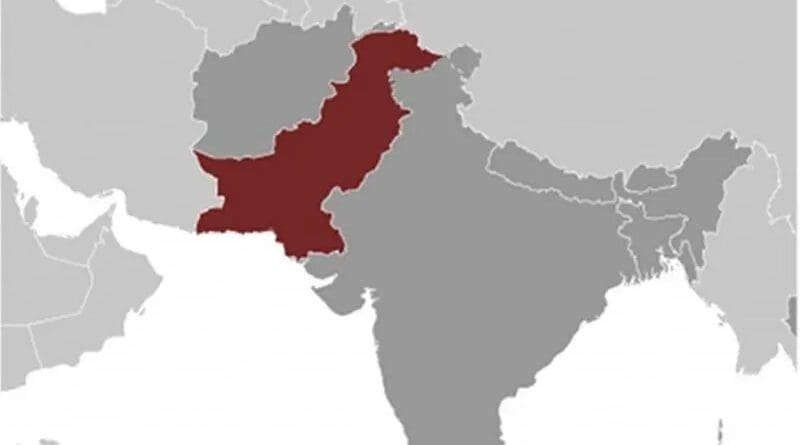Pakistan: Student Lynching Throws Spotlight On Controversial Blasphemy Law – OpEd
Pakistan’s inherent social contradiction, its deep divisions, its insatiable desire to feed extremism and its strong linkages to terrorism sprang back to surface when Mashaal Khan, a bright student of 23 was hounded and lynched by his fellow students at a university campus in the north-western part of the country.
The crime was committed under the glare of cellphone cameras and in the presence of university staff and a large contingent of police. Khan was rumored to have committed blasphemy by allegedly desecrating the religion of Islam in his Facebook posts. The initial investigation by police shows that there was no record of any blasphemous messages on his cell phone or Facebook posts.
According to one account by a university staff member, the blasphemy was a garb under which the political rivals from a Islamic party settled their score with Khan. The university employee was quoted by a Pakistani media channel that Khan was popular among university students, especially females and that too could have been a motive for his rival students.
This is not the first time that someone is publicly lynched by a mob or complete strangers since the perpetrators are shielded and protected by the country’s law enacted in 1980s by a military dictator that calls for the execution of a person who commits ‘blasphemy’. Although the law calls for the registration of the case under section 295-C of the Criminal Procedure Code against the person who allegedly commits blasphemy, law enforcement agencies including police and intelligence agencies, judiciary and prosecution almost always close their eyes whenever the lynching gets under way. The police and paramilitary stand by and let the incident happen. When the culprits are arrested, no judge, barring an occasional exception, dares to announce a strong verdict — often citing the scarcity of evidence (despite the fact that the incidents happen in the full view of the state and the common public).
A few years back, Punjab Governor Salman Taseer who merely demanded amendments in 295-C law, was publicly assassinated by his own bodyguard at a Islamabad street in broad daylight. The culprit was nabbed and sentenced to death. Although the sentence was carried out and the killer was hanged, his grave today attracts thousands every day who think he was a martyr. Pakistan’s army controlled media and a tiny faction of civil society always tried hard not to ‘provoke’ the sympathizers of the killer.
Ever since the law was enacted, there have been numerous incidents where a mob has lynched Christians on the accusation of blasphemy. In some cases, which have been reported widely the mob torched the entire residential colony, including their church. Last year, right in the middle of Pakistan’s second largest city Lahore a mob threw a Christian couple in the furnace of a brick kiln on the accusations of blasphemy and in this case too, despite the availability of cellphone footage the government dragged its feet and finally registered the case after three weeks of the incident.
The problem, here is much bigger than it seems. The incidents now will not stop even if the law is repealed. To begin with the government doesn’t have the guts to stand up for the victim and to the all-powerful Taliban style gangs that are operating now in the streets of Pakistan.
Even if the law is repealed the environment of hate and extremism that has become the DNA of Pakistan’s society will not change and instead it will keep encouraging the incidents like this.
The perpetrators feel protected. One, they are almost always certain that they will not be prosecuted by the state properly as there is no protection to the prosecutors. Two, there are not enough judges who can award the death sentence to killers and then feel protected. Three, even if the death sentence is awarded and the criminal is actually hanged, he and his countless followers believe that he has earned himself paradise after death.
For too many years — right from the start of Soviet invasion of Afghanistan — the state has been planting, nurturing and protecting Jihadis embedded in the social structure of the country. Now, even if the all-powerful military decides to shrug off this baggage, there is little chance of success because these groups now have deep roots in Pakistan’s society and they are not dependent on state protection.
And this is a problem that will continue to haunt the West and other stakeholders who are interested in keeping finding peace in Pakistan and Afghanistan.
*Mohammed Rizwan is a professional journalist for the last 23 years 1990-2014 covering politics and terrorism from Pakistan and Dubai.

